Being a parent is the most important job in the world. Helping your child grow and develop is rewarding, exhausting and can sometimes be daunting. This section of our website is intended to give ideas to help you as well as information about the common approach used by almost all early years settings including stay and play sessions, pre-schools, nurseries and reception classes in schools.
This common approach is called the Early Years Foundation Stage. It says that children learn best through play – the sort of everyday activities you provide at home or find at The Maple Tree. It puts children’s learning into categories called the ‘seven areas of learning’. This helps to make sure that children are making progress in a whole range of ways. However, each area of learning does not stand alone. Often what children learn cuts across more than one area, for example helping sort socks into pairs can be about developing their language – understanding what a ‘pair’ is – or may help with early maths in understanding about numbers, patterns and matching similar items. There is more about the Early Years Foundation Stage here.
You can click on the links below to learn more about the seven areas of learning and the activities you can try out to help your child.
Finally, the ‘Help for parents’ section has useful information about some of the things that you may want to know more about like feeding, weaning, teething and tantrums.
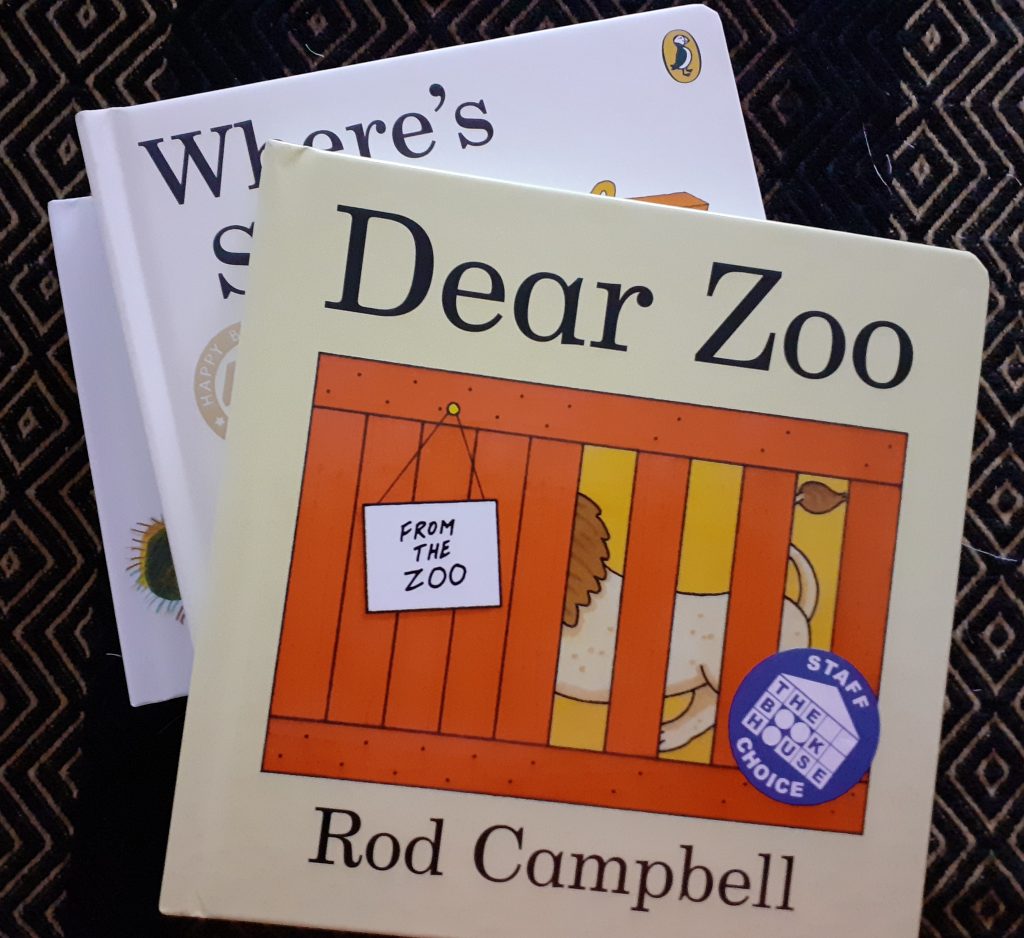
Communication and Language
What does it mean?
Helping babies and young children to talk with confidence and skill, to listen attentively and to develop understanding of what is being said.
You can find activities that help with communication and language here.
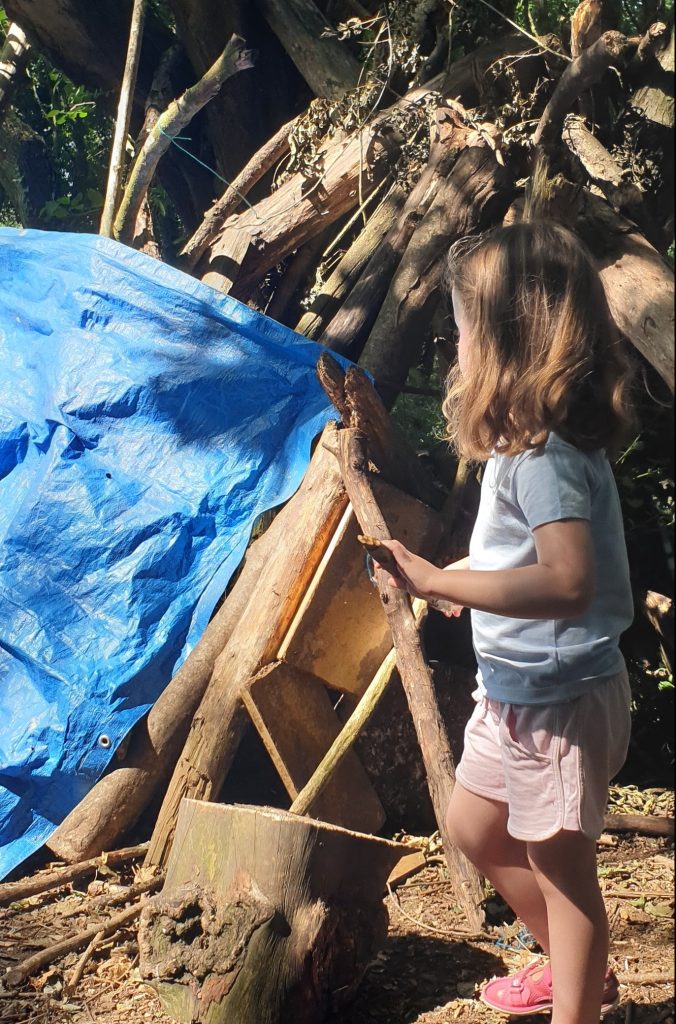
Physical development
What does this mean?
Helping babies and young children to develop their co-ordination, control and movement, to enjoy being active and to look after themselves
You can find activities that help with physical development here.
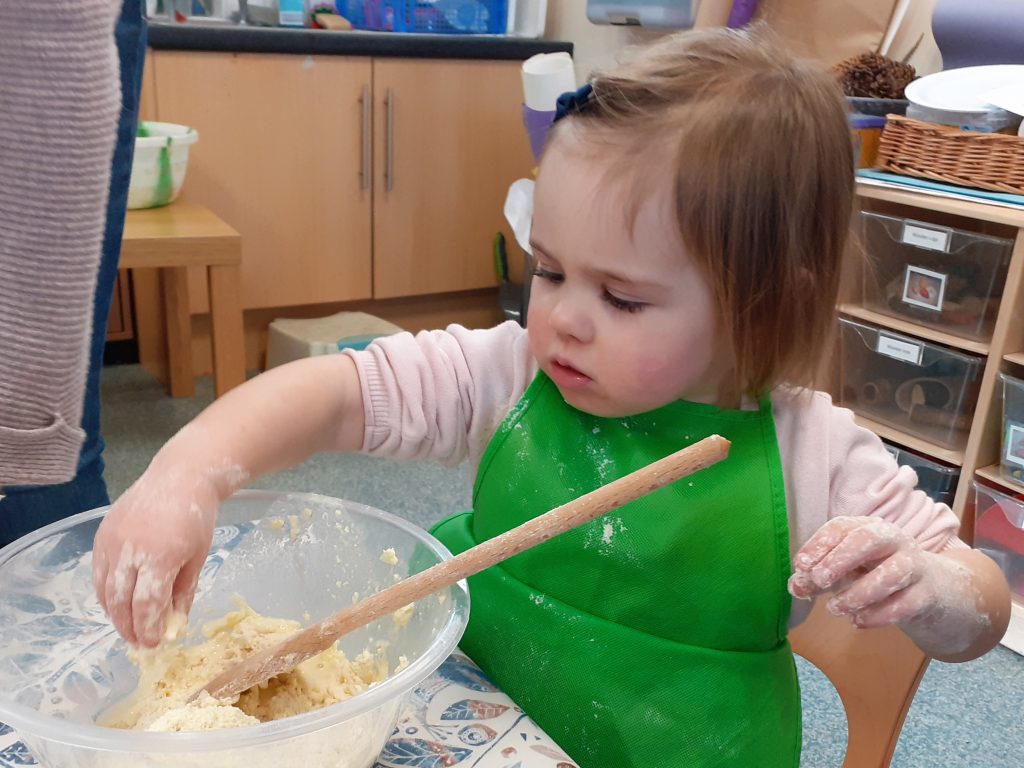
Personal, social and emotional development
What does this mean?
Helping babies and young children to develop a positive sense of themselves, to make positive relationships and to manage their feelings.
You can find activities that help with personal, social and emotional development here.
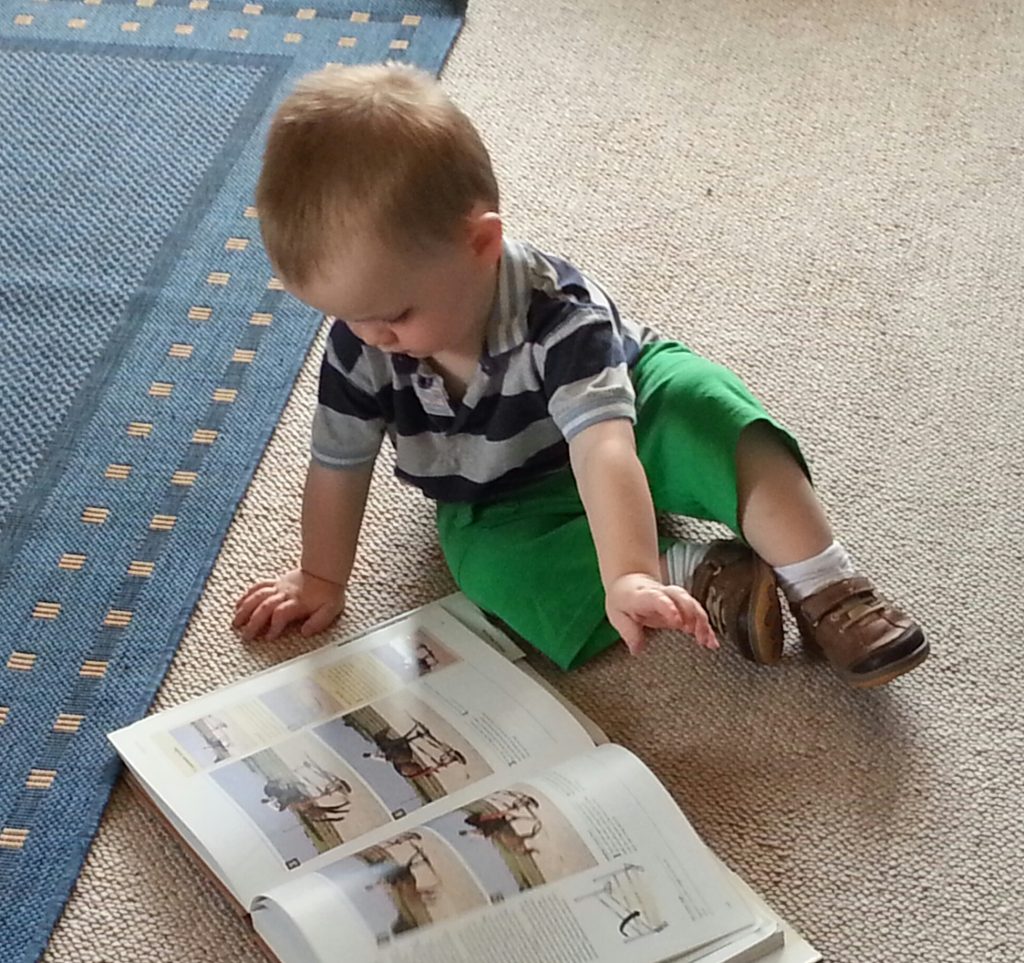
Literacy
What does this mean?
Helping babies and young children to enjoy rhymes, link sounds and letters, understand how books work and enjoy them, and begin to make marks to communicate.
You can find activities that help with literacy development here.

Mathematics
What does this mean?
Helping babies and young children to develop confidence and skills in counting and understanding what numbers mean, look for patterns and find connections.
You can find activities that help with mathematics here.
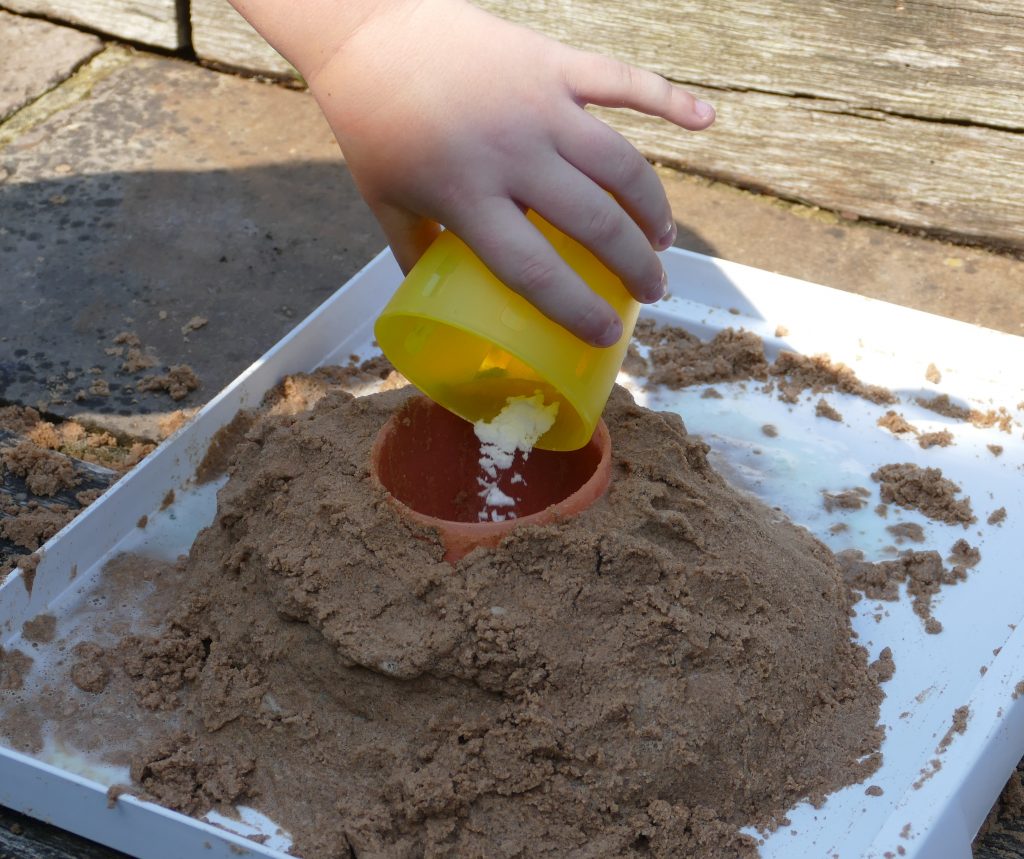
Understanding of the world
What does this mean?
Helping babies and young children to make sense of the world around them and the community in which they live.
You can find activities that help with understanding of the world here.
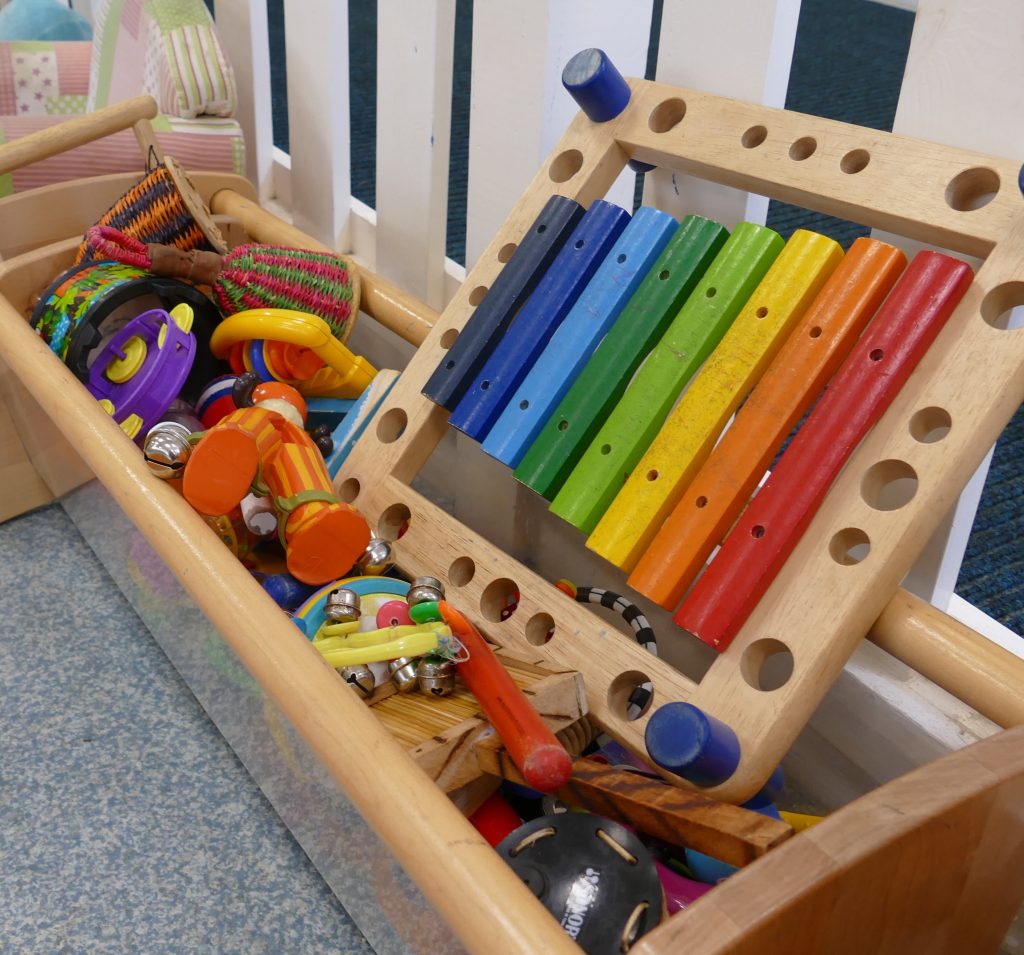
Expressive arts and design
What does this mean?
Helping babies and young children to be imaginative and creative, to explore different media and to talk about their experiences and ideas.
You can find activities that help with expressive arts and design here.
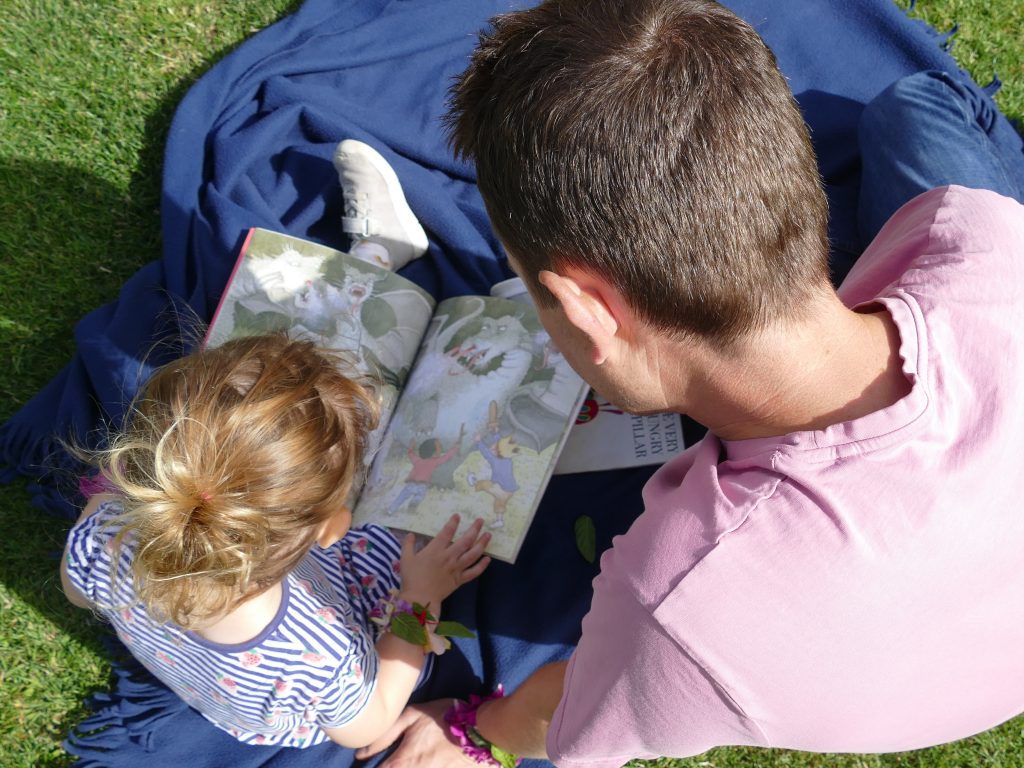
Help for parents
Click here for information, ideas and advice about everyday topics.